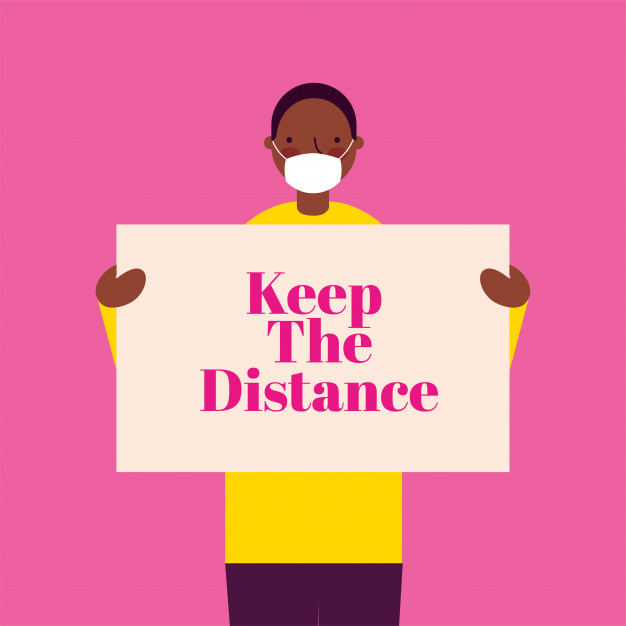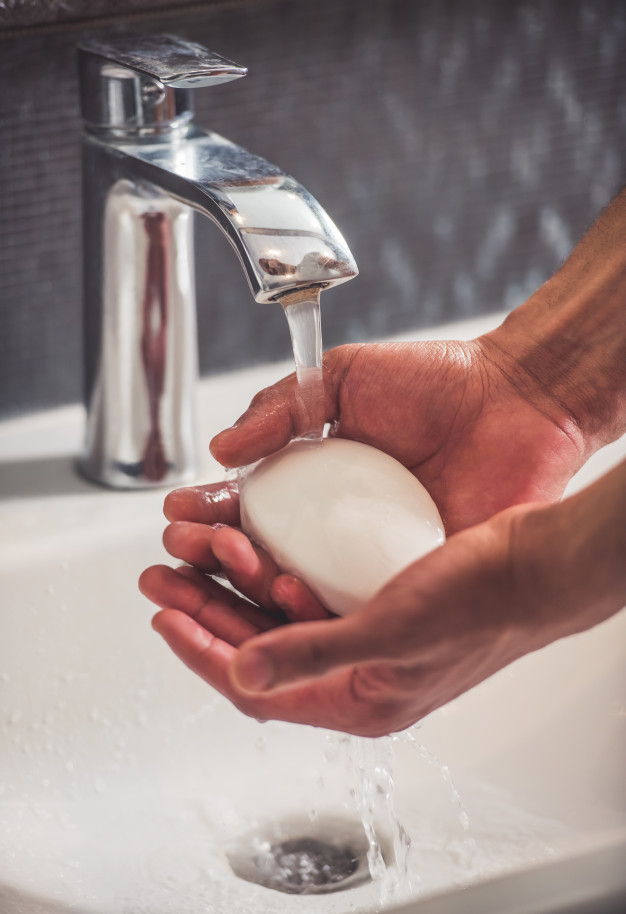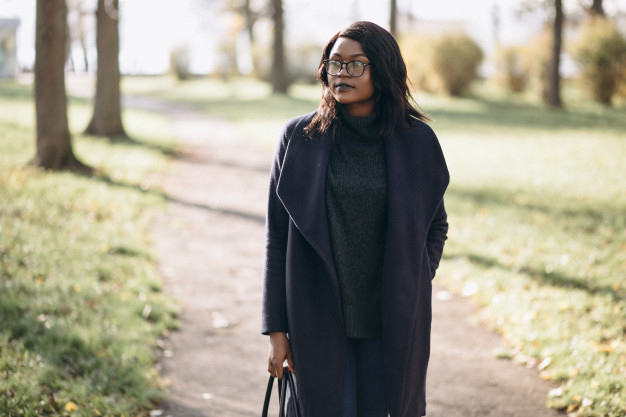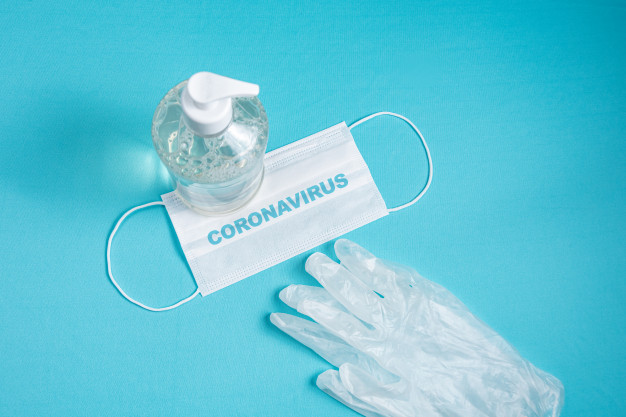Whether you’re going for groceries or heading back to work, or heading out of state, there are strategies for staying safe while you’re out and about, now more than ever, it is expedient. In recent times, the government of Nigeria relaxed the mandatory lockdown directive that was imposed on all Nigerians in hopes of curbing the spread of the coronavirus. However, with the lockdown relaxed and movement relatively free again, what does this mean for the health of millions of Nigerians as regards COVID-19.

A great number of the Nigerian population have gone back to work (for those who still have jobs to go back to anyway) while some others have reopened their business places, but all these mean one thing INCREASED SOCIAL CONTACT. Let us not be naïve to think that this virus has in anyway been subdued, because it hasn’t, but for various economic reasons, the lockdown was eased. With the inevitability of this physical social interaction upon us, how do we stay safe from the coronavirus? Because it is very important we stay safe, and still maintain some degree of social distancing, even when we’re out and about.
The Importance of Social Distancing

Before you head out, remember: Public health experts still say that taking social distancing measures is critical to limiting the spread of COVID-19. That means avoiding sick people, steering clear of crowds, staying home as much as possible, and keeping at least 6 feet away from others when you do go out.

The logic behind social distancing rests on our current understanding of the virus. Scientists say that it is generally spread by close contact—being directly coughed on or sneezed at by someone with the disease, or by being within 6 feet of an infected person (including one who is not necessarily showing symptoms yet) for about 10 to 15 minutes or longer.

The virus can also survive on surfaces for hours or even days. That means the key to avoiding the disease is keeping a safe distance from others, and as much as possible trying to not touch surfaces that may have the virus on them. It also means washing your hands carefully, so you don’t transfer the virus to your mouth, nose, or eyes, where it can enter your system.

Additionally, the Federal Government of Nigeria now recommends that when you do leave your home, you wear a face mask or face covering. Using a mask doesn’t replace the need for social distancing, since it’s unclear how effective this measure is at stopping COVID-19 transmission, but does add another layer of protection—mainly by helping the wearer avoid unknowingly spreading the disease to others.
Public Transportation

For those who continue to have to commute each day, or who are resuming their commute because work-from-home restrictions have been lifted in their states: Sit or stand as far from others on the bus as you can. If you see someone cough or sneeze near you on the bus or train, and you’re more than 6 feet away from them, your risk is probably low. However, if an obviously sick person is right next to you in a crowded car or bus, it is a bit trickier.
How do you mitigate your exposure even when you absolutely have to go out?
Change your commute time.
If you work in an industry where you still need to commute for work or you live in an area where local travel restrictions are lifting, try to adjust your work hours, if possible, to less busy times. And leave extra time for your commute in case you need to wait for a less crowded train or bus.
Clean your hands as soon as possible after your trip.
Surfaces in a public transit setting most likely to harbor the virus are those that are most commonly touched, such as the bars or doors you hold on to for balance on the bus or car.
While it might in theory make sense to wipe down those surfaces with a disinfectant before you grab hold of them, it’s not always practical. Truthfully, it’s impossible to take action on every surface that you come in contact with.

But you should wash your hands as soon as possible after leaving your bus or car. A thorough rub with a hand sanitizer makes sense. Even more important is thorough hand-washing—20 seconds with soap and water. And avoid touching your face with your hands, to keep any germs you might have picked up from getting into your system.
Consider other forms of transportation.

Another option is, when possible, walk to your destination instead of taking public transport. Come to think of it, you are getting some exercise done.
Airplanes
Flight bans within Nigeria are likely to soon be lifted too, so this is what to do;
If you do need to travel by plane, it’s worth noting that the risk of the disease being spread through an aircraft’s airflow system is relatively low. That’s because the air is continually filtered through a HEPA filter, which can trap viruses.

Another risk on the plane, as on a bus or train, is being near someone who is infected. On a plane, that means sitting within two seats to the side, front, or back of someone who is ill. So if you’re seated that close to someone who is obviously sick, ask whether you can change your seat, Freedman says. And with travel down these days, that may be easier than usual.
Practice good hygiene.

That includes taking hand sanitizer with you to clean your hands before eating and after you touch surfaces, such as the door handle on the outside of the restroom or the headrests as you walk down the aisle. Also consider taking disinfecting wipes for your food tray and other high-touch surfaces.
Finally, stay home when you yourself are sick, even mildly—COVID-19 can cause mild symptoms that may be mistaken for other illnesses. Taking social distancing measures is especially important for protecting those most vulnerable to severe disease from COVID-19, including older adults and those with underlying health conditions, such as diabetes, lung disease, heart disease, and conditions that suppress the immune system.
